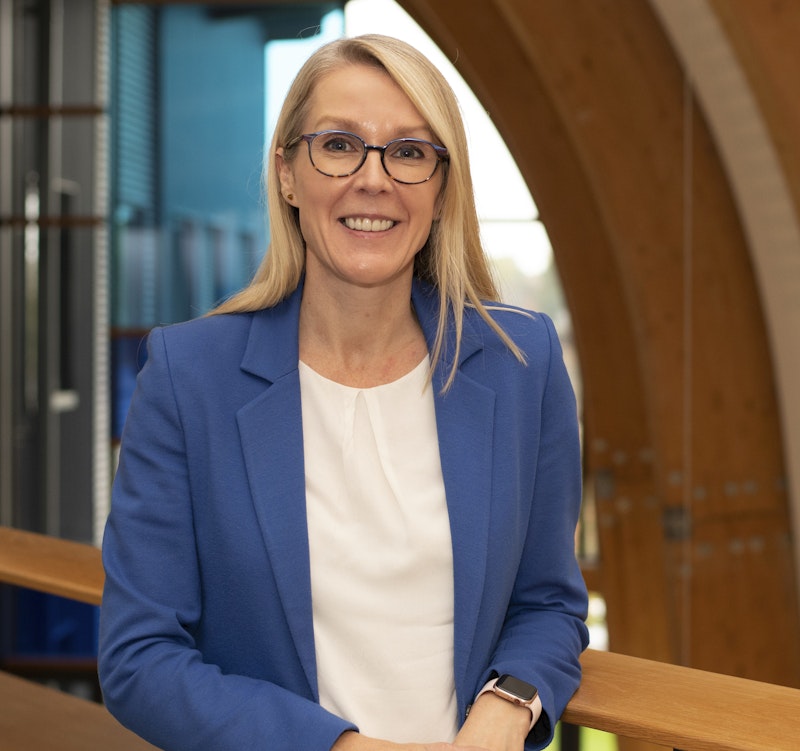Sunak’s path to PM: a tale of intersectionality
Another month, another Prime Minister. Dr Melissa Carr and Dr Miriam Marra – Directors of EDI at Henley - explore the significance of the UK’s first South Asian and Hindu leader.

We have a new British prime minister (again) today. Rishi Sunak is the first British Prime Minister of South Asia descent, and Hindu. There is much to be celebrated in this fact. In the past eight years, we have had two women as PMs and two BAME Chancellors – albeit some staying in their role extremely briefly. This represents some shift towards a more diverse and inclusive scene in UK politics which has traditionally been a stubbornly homogeneous representation of the British elite (read white and male). On the surface, Mr Sunak becoming the PM shows some further evidence of the breakdown of ‘glass ceilings’, be that for gender, race, or religion. However, there is much to think about the timing of these appointments and whether the breakdown of the glass ceiling has not hidden the emergence of a ‘glass cliff’.
Do we live in a meritocracy?
On the news this morning, one interviewee was heard saying that Mr Sunak had achieved his success through meritocracy. Meritocracy as a concept assumes that the world operates on a level playing field where all individuals have equal access to opportunities and that hard work and effort will equal rewards. If meritocracy existed, then inequalities in society would be minimised.
However, the concept of meritocracy is problematic and misleading. We know that this is not how politics, or indeed organisations operate. For example, it has previously been reported that there are more CEOs in the FTSE100 called David than there are women. In 2021, the FTSE 100 had no black executives in the top three roles for the first time in six years (there were previously three). The problem in our society is that the leadership remains less diverse than the population it represents. Leadership is still accessible mostly to those few, more privileged people with connections and power.
What is intersectionality?
In 1989, American lawyer, scholar and activist Kimberle Crenshaw coined the term intersectionality to highlight how we are all simultaneously positioned within multiple social categories. These categories such as gender, social class, race and (dis)ability intersect to illustrate how privilege or disadvantage can be unequally distributed. Returning to the previous example about CEOs in the FTSE100, the lack of diversity is often reported in terms of gender, but when this intersects with race, the picture becomes starker.
Rishi’s path to Prime Minister
Rishi Sunak’s path to Prime Minister tells an interesting tale of intersectionality. He was born to Indian parents, a chemist and a GP, who moved to the UK from East Africa. He was educated privately at Winchester College where he was head boy. Sunak, like so many before him, studied politics, philosophy and economics at Oxford University before completing an MBA at Stanford. It is here that he met his wife Akashata Murty, daughter of a tech Indian billionaire. He held a brief career in investment banking before entering politics. It is widely reported that Rishi Sunak is the wealthiest member of parliament - with his wife, their combined net worth is reportedly £730 million. As someone of an arguably very middle-class background and now of extreme wealth, Mr Sunak’s path to Prime Minister is somewhat typical, but his race and religion are not.
It would seem that social class is perhaps one of the last barriers to break down on the way to a career in politics.




